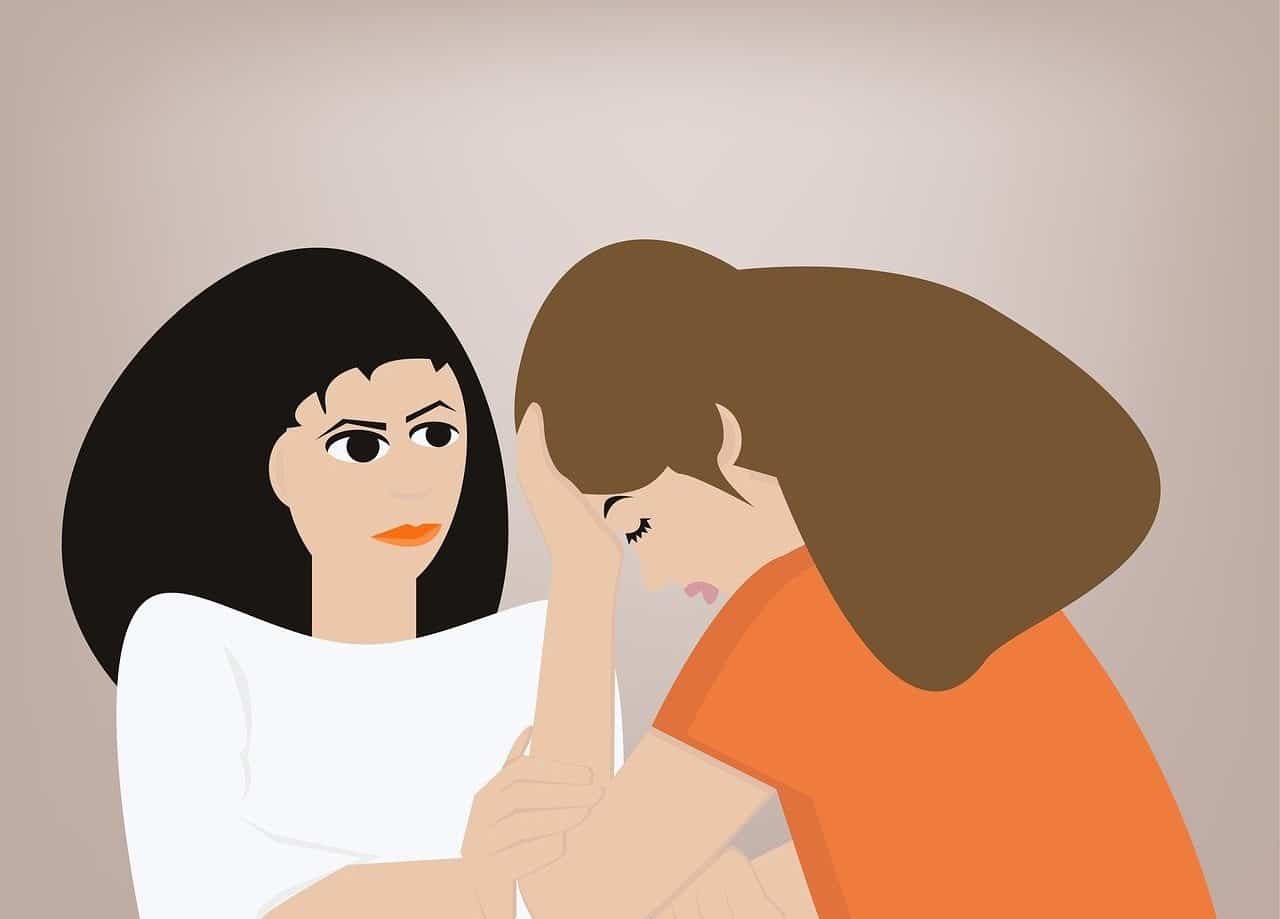
Recurrence usually generates psychological effects.
Recurrence is a notion whose etymology leads us to recurrence , a Latin word that refers to something that reappears or greens up . The term is used to name the resurgence of a health disorder when it has already been overcome.
Recurrence, therefore, is similar to the relapse of a disease . This occurs when a person is recovering and the improvement is interrupted, returning the original symptoms of the illness. In the specific case of recurrence, the reappearance of the disease takes place when convalescence was already behind us.
Recurrence and relapse
It is worth mentioning that although it presents certain similarities with the concept of relapse, it also has clear differences. Relapse implies that the disease gains strength in the midst of treatment or illness; In some cases these are psychological problems (such as borderline personality disorder or depression), physical conditions (such as cancer tumors) or also addictions to certain substances (this group includes drug addiction and alcoholism, for example).
Relapse occurs before convalescence has concluded, which is why it represents an obstacle in the recovery process from an illness, rather than its return or reappearance. Despite these differences, it is common for both terms to be confused in everyday speech.

Recurrence usually affects cancer patients.
Its link with cancer
The notion of recurrence is frequently used in cancer patients. In this case, recurrence implies a new appearance of a malignant tumor after an extended period without the disease manifesting itself.
Cancer-related recurrence can be defined in different ways. When the tumor reappears in an area different from the original tumor, it is called a distant recurrence or metastasis . On the other hand, when the new tumor is in the same organ as the previous one, it is a locoregional recurrence .
It is important to keep in mind that this type of recurrence usually generates a great psychological impact on the patient . The treatment should not only aim at the organic, but should also take into account the person's emotional state.
The recurrence of a cancer tumor entails different types of treatments from those used for the other stages of the disease , and it is determined taking into account the following factors: the place where it appears (depending on whether it is a recurrence locoregional or remote, as explained in a previous paragraph); the extension it presents; the time it takes to evolve; and the treatment the patient has previously received.
To all the points just explained, one of the most important aspects, if not the most important of all, must be added: the decision made by the patient himself or those in his care, whether due to age, disability or the state of health. health in which the recurrence has left him.
Diagnosis of recurrence
In the same way as occurs in the rest of the stages of a disease, thanks to the growing experience of health professionals and technological advances, it is increasingly possible to anticipate the appearance of recurrences and diagnose them quickly and precise, to increase the effectiveness of the treatments. One of the main aspects is patient containment, since the reappearance of a serious illness represents a very hard blow .
It should be noted that, in the workplace, the way in which recurrences are treated is stipulated in the legislation for the definition of licenses . When it comes to the recurrence of a chronic disease, the employment relationship must take into account this particularity to protect the rights and avoid abuses of both the worker and the employer.
